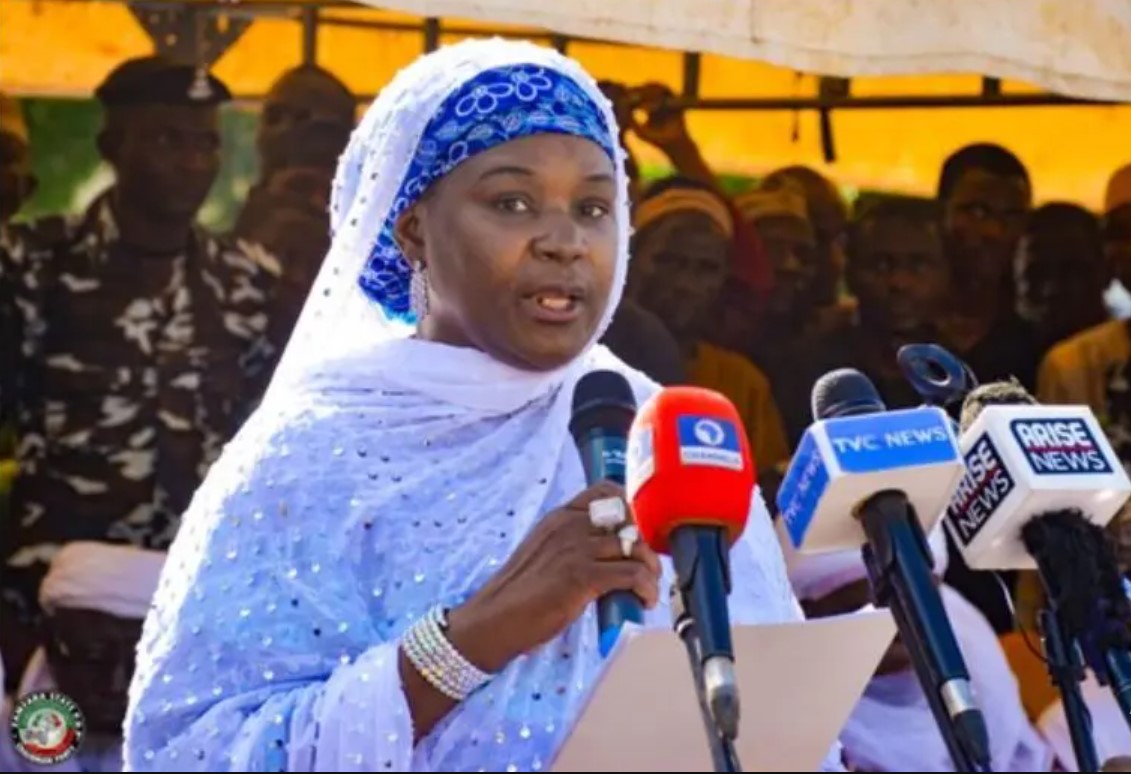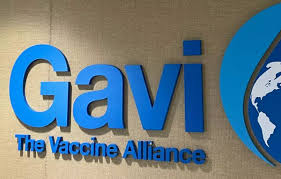
UK Supports Nigeria Girls’ Education With N45 Billion ― UNICEF
- Education
- No Comment
- 335
The United Kingdom Government has donated $109,196,039.80, which is about N45 billion with the current exchange rate, to support the education of girls and improvement in the livelihood of their parents in Nigeria.
The programme is implemented under the Girls Education Project (GEP3), which commenced in 2012 in the six northern states of Bauchi, Katsina, Niger, Sokoto, Zamfara and Kano (2018). The Project will end in September 2022.
The project, despite the challenges of insecurity, has led to the enrolment of more than 1.3 million girls in primary schools in the two northern states of Sokoto and Zamfara, the United Nations Children’s Fund (UNICEF) has said.
Education Manager, UNICEF Field Office, Miriam Moreso, who made this known at a media dialogue on girls’ education in Sokoto, said this was made possible through the implementation of the Girls Education Project (GEP3) funded by the United Kingdom Agency, Foreign, Commonwealth and Development Fund Office (FCDO), formerly known as DFID.
Moreso noted that the 1.3 million enrolled in primary and Integrated Quranic Schools (IQS, exceeded the target of 1 million in the six states since 2012.
According to her, this was achieved through the community enrolment drives by School-Based Management Committees (SBMCs), and Mothers Associations (MAs), with support from states and local government areas.
She lamented that education is seriously underfunded in Nigeria noting that in 2018, only 7 per cent of the national budget was allocated to education, far below the United Nations Educational Scientific and Cultural Organization (UNESCO) recommended 15 to 26 per cent. In 2020 it was 6.7 per cent.
“Nigeria continue to have more out-of-school children than any other country globally. 1 in 3 children are out of school,” she said while adding that though the rates are declining but not at pace with the population.
Globally, she said 129 million girls are out of school, representing 32 million in primary and secondary 97 million, adding that completion rates for girls are lower in low-income countries like Nigeria where less than two-thirds of girls complete primary education and one-third complete lower secondary school.
Speaking on the transition from primary to Secondary education, Moreso further disclosed that about 1.9million is lost between primary 1 and 6 while 1.4 million is lost between primary 6 and Junior Secondary School (JSS1).
UNICEF Sokoto Chief of Field Office, Maryam Darwesh Said, on her part disclosed that to support efficient and effective governance in Primary Schools and Integrated Quranic schools, 13,094 management committee members (of which 5,353 are women) underwent relevant capacity development pieces of training in Sokoto and Zamfara.
She added that considering the benefits gained from phase 3 of GEP, the sustainability strategy document was developed by both Sokoto and Zamfara states in June 2021 and is now updated in July 2022.
Darwesh Said called on the states, to ensure full implementation of the sustainability plan, urging them to take the opportunity of the soon-to-start 2023 budgeting process to capture the required state funding contributions for UNICEF-supported interventions and to provide strategic state resources for the sustainability to all gains obtained so far in the education sector from GEP3 and by and large from the partnership with UNICEF.
Head Teacher of Ali Fodio Primary School, Bodinga, Sokoto State, Malam Abdullahi Abubakar, commended UNICEF for the implementation of the GEP3 programme in his school, which he said has led to massive enrolment of girls and retention.
He told a team of journalists and UNICEF officials on a field trip to evaluate the impact of the project in his school that right now some classes have more girls than boys. Abubakar disclosed further that the school has a total population of 4257 with 1962 that are female.
He called on the State and Federal governments to ensure the sustainability of the project, saying the cash transfer aspect of the programme has really helped to retain the pupils as well as improve the economic well-being of the families of the pupils benefitting from the scheme.
By Clement Idoko – Abuja
https://tribuneonlineng.com/uk-supports-nigeria-girls-education-with-n45-billion-%E2%80%95-unicef/





